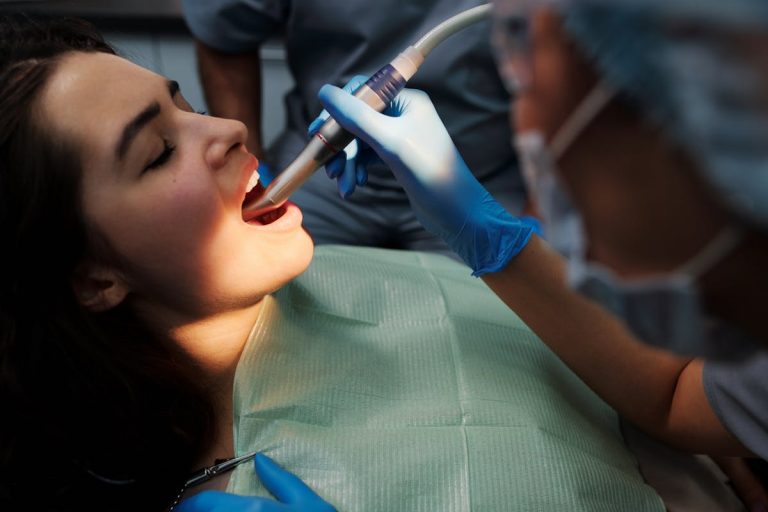- Cancer is a complex disease with many subtypes and variations, complicating treatment and cure efforts.
- The disease often becomes resistant to treatments, and cancer cells can evade traditional therapies.
- Late diagnosis of cancer contributes to the difficulty in curing it, emphasizing the importance of early detection.
- Lack of sufficient funding hampers cancer research, slowing down potential breakthroughs in finding a cure.
- Cancer has a significant emotional and mental impact on patients, adding to the challenges of dealing with this disease.
When you think of a disease that poses a significant challenge to modern medicine, cancer will probably be the first illness that comes to mind. Despite numerous advancements in medical technology and research, the cure for cancer remains elusive. For those who have experienced the debilitating effects of cancer, it is impossible to ignore the impact this illness has on society. There are many reasons cancer continues to be such a challenging disease to cure, and here’s a look into some reasons why.
What is Cancer?
Cancer is a broad term to describe a group of diseases characterized by its growth and spread. These abnormal cells can spread to other body parts through the bloodstream. There are over 100 different types of cancer, each with unique causes, risk factors, and treatment approaches. Here are various reasons why cancer is so hard to cure:
1. Complexity of Cancer
The human body is an intricate collection of systems that are interconnected with each other. Cancer is a condition that results from an uncontrolled growth of abnormal cells that can invade and damage healthy tissues. Unlike other diseases, which are singular and follow the same path in nearly every case, cancer has many subtypes and variations with different genetic mutations. This makes it more challenging to target cancer and develop a cure that works for every type of cancer. The complexity of cancer requires a deep understanding of the underlying mechanisms that cause it and how it invades the body.
2. Resistance to Treatment
One of the more frustrating and challenging aspects of cancer is that it has been known to become resistant to treatments that have worked in the past. This resistance is due to many complex reasons, such as genetic mutations, changes in the microenvironment of cancer, and the ability of cancer cells to evade the immune system. Cancer cells are remarkably resilient, and they can find ways to continue to grow and divide even when faced with traditional treatments such as chemotherapy and radiation therapy.
3. Late Diagnosis
One of the reasons cancer is often challenging to cure is that it is often diagnosed too late. Early detection is crucial when it comes to treating cancer, and the longer the illness remains undetected, the more challenging it becomes to eradicate it. Cancer is known as the “silent killer” because it can remain undetected for years, slowly growing and invading new areas of the body. Therefore, it is essential to increase awareness of the signs and symptoms of cancer and to encourage regular cancer screenings.
4. Lack of Funding
Despite the devastating impact that cancer has on individuals and society, there is a lack of funding for cancer research and treatment. Many researchers are passionate about finding a cure, but they cannot rely on government funding alone. This restricts research, and fewer clinical trials lead to fewer breakthroughs. While there is no shortage of fundraising activities aimed at supporting cancer research, more political willpower is needed to affect significant change in funding cancer research.
5. Emotional and Mental Toll
Finally, it is important to recognize that cancer takes a significant emotional and mental toll on patients, families, and caregivers. Living with cancer is a struggle, and the journey involves many difficult decisions and hardships. The emotional and mental impact of cancer is a less visible but equally important challenge of the disease. It can be challenging for patients to stay positive and motivated throughout their treatment.
How to Help Fight Cancer

While the challenges of curing cancer may seem overwhelming, there are ways to help fight this disease and make a difference. Here are some simple ways you can contribute:
Join a Research
You must play an active role in fighting cancer. Consider joining a local research project or clinical trial to contribute to the development of new treatments and find potential cures. There are various patient recruitment services you can contact. These services help healthcare research facilities find patients willing to participate in clinical trials.
Donate and Fundraise
Donating to cancer charities or fundraisers is another way to support the fight against cancer. These funds go towards research, advocacy, and supporting cancer survivors. You can also organize your fundraiser events within your community or workplace to raise money and awareness for this cause. Every little bit counts towards finding a cure.
Educate Yourself and Others
An essential step in fighting cancer is to educate yourself and others about the disease. Knowledge is power, and understanding the risk factors, symptoms, and available treatments can help save lives. Encourage your loved ones to prioritize regular screenings for early detection, and spread awareness through social media or community events.
Cancer remains one of the leading causes of death worldwide, posing significant challenges to patients, healthcare professionals, and researchers alike. Its complex nature and the significant emotional toll it takes, all contribute to its status as a formidable adversary. However, it’s crucial to remember that each individual can play a role in battling this disease. By participating in research, you can be part of the unified effort to find a cure eventually. Despite the obstacles, the advancements in medical research and the consistent efforts of dedicated individuals worldwide give you hope that a future free of cancer could be within your grasp.






